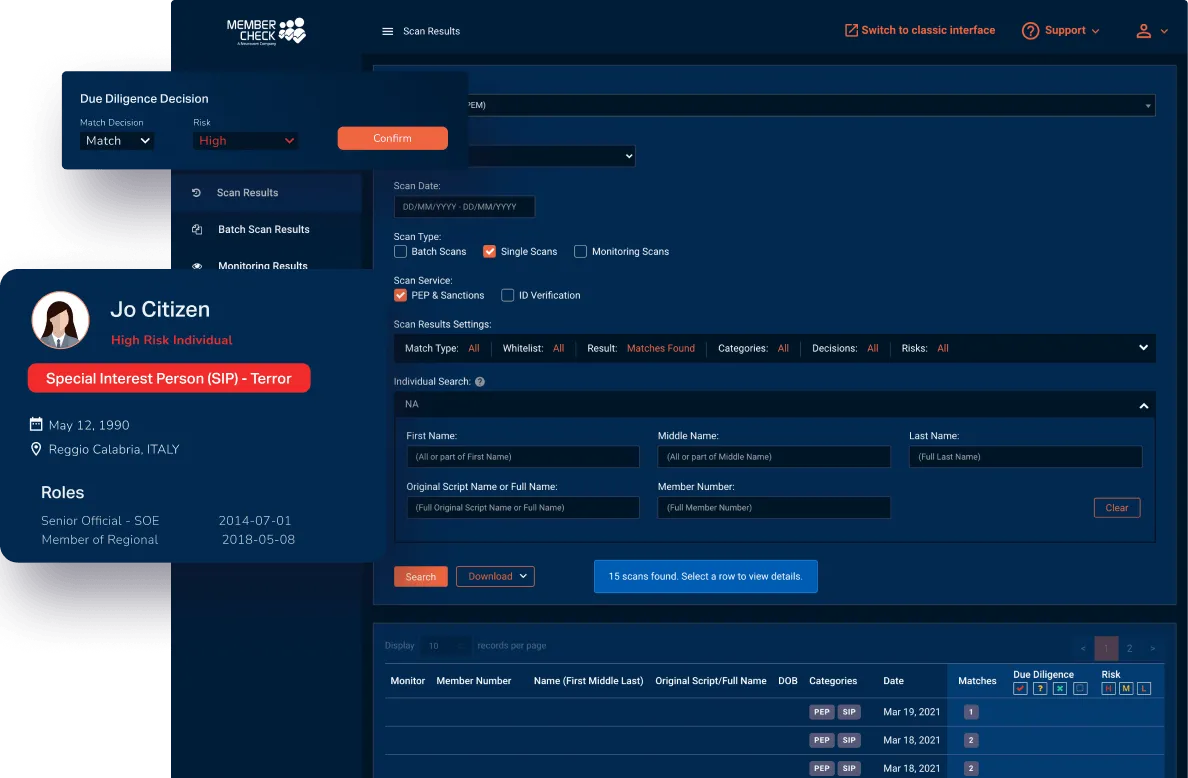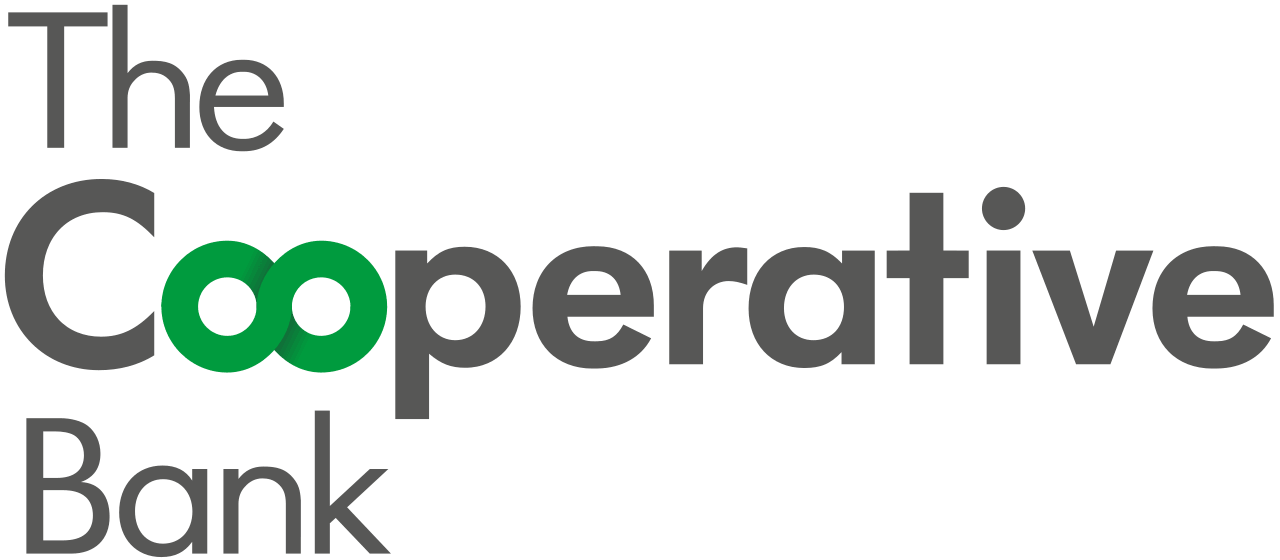

Who are Mexico's AML/CTF Supervisors?
The Mexican financial system has several competent authorities which are in charge of its regulation and supervision. Its AML/CTF regulation and supervision is at the forefront of international standards and global trends, in many ways.

National Banking and Securities Commission - (CNBV)
National Banking and Securities Commission is an independent body responsible for supervising and controlling banks and all other financial institutions not covered by the Comisión Nacional del Sistema de Ahorro para el Retiro (CONSAR) or the Comisión Nacional de Seguros y Fianzas (CNSF) regarding their anti-money laundering and counter-terrorism financing (AML/CTF) procedures, as well as authorising intermediaries seeking to access the financial market.
Ministry of Finance and Public Credit - (SHCP)
Ministry of Finance and Public Creditis is the body responsible for the overall regulation of compliance with AML/CTF obligations. Operational responsibility is delegated by statute to the CNVB, CNSF, CONSAR, and SAT. Through a number of administrative units, it issues AML/CTF regulations, supervises the adequate compliance of financial and non financial entities with their AML/CTF obligations and receives, analyses and disseminates relevant information to competent authorities. The Undersecretary of Finance and Public Credit prepares all regulations applicable to FIs through the following units:
- Banking, Securities and Savings Unit (UBVA)
- Development Banking Unit (UBD)
- Insurance, Pensions and Social Security Unit (USPSS)
Financial Intelligence Unit - (FIU)
Financial Intelligence Unit is under the SHCP and is responsible for receiving, analysing, and disseminating to competent authorities, the information contained in the different types of AML/CTF reports, requesting information, documentation, data and images related to ML/TF from financial entities, drafting AML/CTF regulation, making requests for prosecution to the PGR on AML/CTF cases, notifying financial supervisors of any non-compliance on the reporting obligations of financial entities.
Attorney General’s Office - (PGR)
Attorney General’s Office (PGR) is the unit in charge of investigating and prosecuting money laundering and terrorist financing. This unit also has the ability to confiscate assets of illicit origin, which are administered by the SAE; a decentralized public agency of the Federal public Administration with legal personality and an independent budget.
How to comply with AML/CTF regulations in Mexico?
Reporting entities are required to document their policies relating to matters of AML/CTF. These policies may contain the following:
- Policy regarding identification of customers
- Know Your Customer and/or Occasional Customer Policy
- Transactions with US Cash Dollars: restrictions for the execution of transactions in USD are applicable on the following entities: multiple bank institutions, brokerage firms, exchange houses, cooperative savings and public loan companies
- AML/CTF Reports including Cash Transaction Reports, Suspicious Transaction Reports, Concerning Internal Transaction Reports, Cash Transactions in US Dollars, Report of Transactions with Cashiers Check, Report of International Transfers of Funds
- Internal structures including Compliance Officer, Representative and Communication and Control Committee
- Training including the provision of courses at least once a year mainly for officials
- Dissemination of AML/CTF provisions and their modifications
- Automated systems that assist in the fulfillment of the AML/CTF General Provisions and can preserve historic records of information, generate, codify, encrypt and transmit transaction reports safely and monitor transactions to detect suspicious transactions
- Auditing Report
- Notices on changes in the share structure
- AML/CTF policies document
- Blocked persons list
What are the AML/CTF reporting obligations in Mexico?
The following reports must be filed through the regulator’s AML electronic platform:
Large Currency Transactions: all transactions that exceed USD7,500 must be reported during the first 10 business days of January, April, July and October through electronic means.
Unusual Activity Report: any client action that does not correlate to the client's history and normal behaviour in terms of the destination or origin of the resources, or the number, frequency, or nature of the subsequent operation; has cause to suspect its intention for money laundering or terrorism financing.
Suspicious Internal Activity Report: the conduct, activity or behaviour of any of the partners, directors, officers, legal representatives or employees, as well as those who exercise control over the financial entity, whenever such actions may breach regulatory obligations under the AML Regulation; or any operation which the financial entity has reason to believe is intended for money laundering or terrorism activities.
24-Hour Report: financial entities shall issue a report within 24 hours under the following scenarios:
- When the financial entity believes that the client or operation may be related to money laundering or terrorism activities
- If continuing the KYC process may warn the client that the financial entity believes that such client is related to money laundering or terrorism activities
- When the financial entity identifies risks as set forth in its AML policy
How can MemberCheck Help?
Our clients are provided with a secure and simple solution in regard to scanning for politically exposed or high-risk individuals, as well as checking names against sanction, regulatory, law enforcement, and other official lists.
Use our sophisticated scan filters and due diligence workflow to minimise the amount of time you spend sorting through, false matches. Scan results and reporting sections allow you to access customer details, whenever and wherever required, as well as download reports, to customise for further investigation or to provide evidence of your AML program compliance for auditing purposes.









* This page is intended as general information only and should not be relied on as the sole source of information for your AML obligations and AML program. Please visit your local regulatory authority sites for the latest relevant and full information.


























